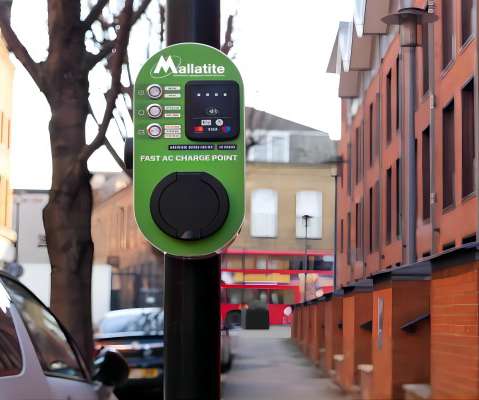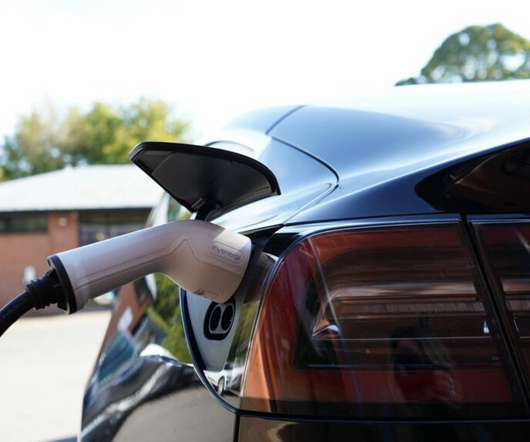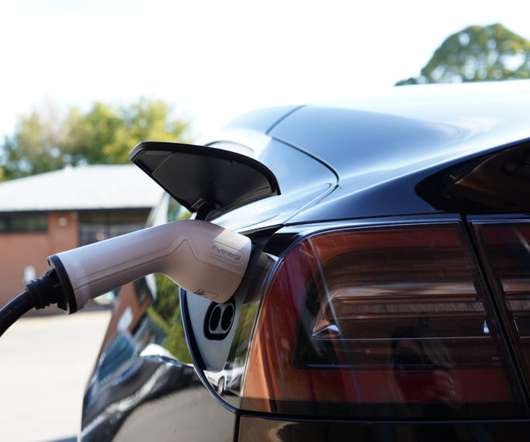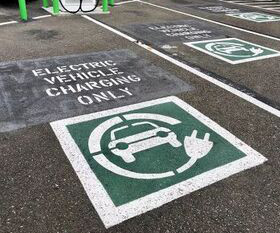UK ONS report finds significant challenge remains to reduce road transport emissions; sector GHG emissions up 6% from 1990-2017
Green Car Congress
SEPTEMBER 17, 2019
A new report by the UK’s Office for National Statistics (ONS) finds that greenhouse gas (GHG) emissions from road transport in the UK rose by 6% from 1990 to 2017. The increase—albeit lower than the increase in road traffic—highlights the significant challenge in reducing emissions from road transport, the report says.




































Let's personalize your content